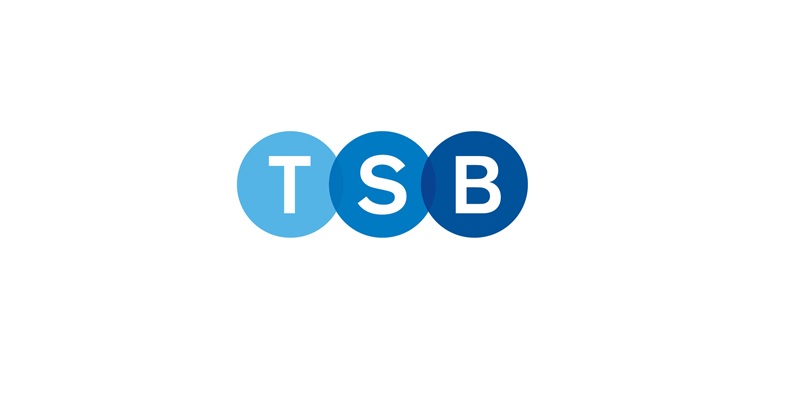Getting Started
TSB goes public: Should you invest?

Will TSB’s initial public offering (IPO) be yet another disappointment in a tough year for stock market debuts?
TSB returned to Britain’s high streets last year, billing itself as a ‘local bank’.
Now its parent company Lloyds is preparing to sell a 25 per cent stake in the challenger bank in an IPO on 25 June.
However, British investors are right to be wary of yet another public listing following a string of muted stock market debuts, which have, in some cases, left early investors nursing losses.
Over-50s insurer Saga is one example. It made headlines last month after its shares began a long slide right from the start. Sell-offs pushed prices as low as 172.5p days after the company debuted at 185p per share.
So does the same fate await TSB?
Perhaps not, says John Blowers of investment platform Trustnet Direct. He notes that Saga was criticised before its IPO for aiming too high in terms of valuation.
By contrast, TSB’s price range of 220p to 290p stands around a “respectable” multiple of 20 times forecasted profits.
The midpoint of this price range values TSB at £1.3bn, 15 per cent below the business’s £1.5bn-£1.6bn book valuation.
According to Mike van Dulken, head of research at Accendo Markets, the pricing will have grabbed investors’ attention.
“Either it’s a bargain or it’s a sign of the IPO wave being close to breaking,” he says.
However, the pricing is not surprising when you consider the circumstances, Blowers says.
Lloyds Banking Group is being forced by the European Commission to sell TSB as part of a deal it inked during the financial crisis, when the British government intervened to save the bank. While Lloyds has until the end of 2015 to divest itself from TSB, the cost of any failure to do so could be high.
Blowers explains: “This will encourage the shares to be offered at an attractive price, paving the way for early gains.”
Adding to investor interest is TSB’s offer of one free share for every 20 bought and held for the first year.
Van Dulken notes that this ‘loyalty reward’ is likely just a ploy to distract investors from a hard truth: TSB will be unable to pay a single dividend for the first three years.
The giveaway could also give investors a good reason to hold onto their shares for longer, which could prevent an immediate sell-off as experienced by Saga. Van Dulken says: “Is TSB’s promise of a free share not just designed to engineer the stability lacking in so many recent listings?”
The TSB float does come with some other nice assurances, Blowers says.
The bank will not be liable for any of its parent company’s past mistakes, such as payment protection insurance (PPI) mis-selling which has cost Lloyds almost £10bn.
In addition, Lloyds has agreed to pay for a brand new IT system in the future or, if TSB is bought by another bank, shoulder the costs of system integration.
Blowers says: “This may all look encouraging, but investors should be mindful that market valuations are currently very high and if we have a wholesale sell-off, TSB shares will likely get caught up in the move lower along with every other stock.”
He concludes: “IPOs may offer investors some good reasons to buy equity, but this should always be part of a broader investment strategy.”
Click HERE for the full prospectus.